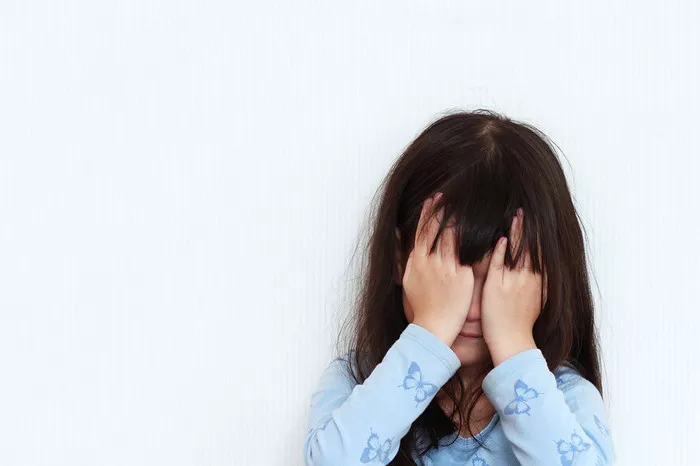The potential for psychedelic drugs, such as LSD and psilocybin, to improve mental health has been the subject of increasing interest, particularly among neurodivergent communities. A recent survey of 233 autistic individuals, published in Psychopharmacology in October, suggests that psychedelics could offer significant mental health benefits for people on the autism spectrum. These promising findings have sparked new research into the role psychedelics could play in treating mental health conditions prevalent in the autistic population, such as anxiety, depression, and social difficulties.
Autism affects approximately 1 in 36 people in the United States, and individuals on the spectrum face higher rates of mental health challenges, including anxiety, depression, and substance use disorders. While some studies have explored the potential of psychedelics to address these issues in neurotypical individuals, research on their effects on autistic people remains limited. However, the recent survey offers an optimistic glimpse into the possibilities.
The survey, which gathered feedback from 233 autistic participants, found that a large majority (82%) reported a significant reduction in psychological distress after using psychedelics, while 78% felt less social anxiety following their experiences. Many participants also shared profound personal experiences, describing feelings of transcendence, awe, and connection. These findings suggest that psychedelics might address core challenges faced by autistic individuals, which are often linked to social isolation and struggles with functioning in a world designed for neurotypical people.
However, the survey also highlighted the complexities of psychedelic use. While many reported positive outcomes, some participants described intense and challenging experiences, including feelings of grief, fear, and paranoia. The researchers, led by clinical psychologist Jack Stroud, emphasize the importance of ensuring a controlled and supportive environment for those considering psychedelic therapy.
Although the research into psychedelics for autistic individuals is still in its early stages, several small-scale studies have shown encouraging results. One of the first trials, published in 2018, involved 12 autistic adults with severe social anxiety who underwent therapy paired with MDMA, a psychedelic known for promoting empathy and emotional connection. Participants who received MDMA showed rapid and lasting improvements in their social anxiety symptoms, with effects that persisted for up to six months.
Currently, a number of ongoing studies are investigating the effects of psychedelics on autistic individuals. At King’s College London, a study led by psychiatrist Gráinne McAlonan is exploring how autistic and non-autistic adults respond to psilocybin during sensory-processing tests. The research aims to uncover the biological differences between autistic and neurotypical responses to psychedelics, offering valuable insights for autistic people considering these treatments.
Meanwhile, in Toronto, psychiatrist Hsiang-Yuan Lin and his team have launched a study to test the effects of psilocybin-assisted therapy for autistic adults with treatment-resistant depression. This trial, along with others planned in the future, will focus on individuals without intellectual disabilities, as informed consent is a key requirement for participation in psychedelic research.
The future of psychedelic-assisted therapy for autism looks promising, though much work remains. Researchers hope that the results from current and upcoming studies will lay the groundwork for larger clinical trials and help establish safe, effective treatment protocols for autistic individuals. The field is particularly interested in how psychedelics can help address core autism-related challenges, such as social communication difficulties and emotional regulation.
Another promising avenue of research is LSD microdosing, which may help autistic individuals with alexithymia—the difficulty in identifying and expressing emotions. This form of therapy, alongside MDMA-assisted treatments for social anxiety, could offer new tools for improving the mental health and well-being of those on the spectrum.
As researchers continue to explore the intersection of psychedelics and autism, they are not only studying the potential benefits but also the risks involved. The experiences of autistic individuals who have used psychedelics, shared through online platforms and anecdotal reports, have been crucial in shaping the direction of these studies. However, ensuring safety and informed consent remains a top priority, with trials focusing on individuals who can provide a thorough understanding of the process.
While the field is still in its infancy, the early results indicate that psychedelics could offer a valuable tool in improving mental health for autistic individuals. By supporting further research and addressing the unique needs of this community, there is hope that psychedelic therapies could offer new hope for those who have struggled with conventional treatments. As researchers like William Mandy of University College London point out, the goal is to provide autistic individuals with a greater opportunity to thrive, fostering a more inclusive approach to mental health care.
In the meantime, individuals considering psychedelic therapy are encouraged to seek guidance from qualified healthcare providers and participate in research trials where safety measures and support systems are in place. As the science evolves, the potential for psychedelics to become a part of the mental health toolkit for autistic individuals grows stronger.
Read more:
- Start The Year Right: Top Tips For Keeping Your Pet Healthy In 2025
- Holiday Health Hacks: 8 Tips For Staying Fit During The Festivities
- New Survey Finds Majority Of U.S. Teens Are Choosing A Substance-Free Lifestyle


